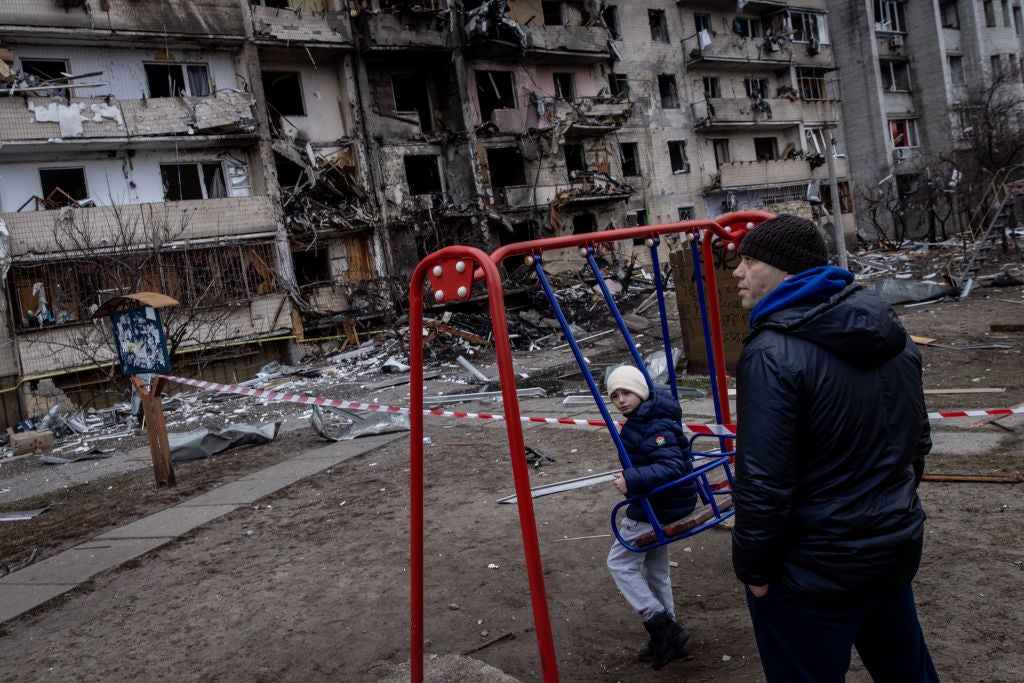Europe’s Dependence on Gas: Growing, Not Slowing
Rising energy prices have shocked the market and stunned policymakers. With Russia’s invasion of Ukraine on 24 February, already high prices are climbing higher still, with oil surging past $100 a barrel for the first time since 2014 and EU natural gas prices surging 30% to €115 per megawatt-hour last Thursday.
Against this backdrop, Еurope remains highly dependent on gas and has planned to increase its gas-fired power generation capacity. Energy Monitor’s Weekly Data shows EU countries have more than 32GW of natural gas-fired power plants in the pipeline.

Discover B2B Marketing That Performs
Combine business intelligence and editorial excellence to reach engaged professionals across 36 leading media platforms.
Gas is a major fuel for electricity production and heating in Europe. Yet the EU relied on imports for 83.6% of its gas in 2020, just below 89.6% in 2019, which was the year with the highest share of imports since 1990. This rate of dependency has not always been the status quo – back in 1991 the EU imported only 50% of the natural gas it consumed.
Russia accounted for more than 40% of the EU's gas imports in 2020, making it the bloc’s biggest supplier. While the threat until now was of Russia withholding gas supplies despite record prices, its invasion of Ukraine puts forward fresh challenges. For one, Russia could cut off gas supply routes into Europe in retaliation for the sanctions imposed on it. The war in Ukraine could also disrupt key transit pipelines.

European Commission President Ursula von der Leyen has argued that even in the scenario of a full disruption of gas supplies from Russia, Europe is safe for this winter. At the press conference of an emergency EU summit in Brussels last Thursday, von der Leyen suggested Russian gas could be replaced with liquefied natural gas imports from "more reliable partners".
On 27 February, German Chancellor Olaf Scholz announced that Germany will "quickly" build two LNG import terminals – the country's first – to help reduce its dependence on Russian gas. It will also look to buy more gas on world markets in coordination with the EU and increase its gas stocks through long-term storage, he said in his address to the German Parliament.

US Tariffs are shifting - will you react or anticipate?
Don’t let policy changes catch you off guard. Stay proactive with real-time data and expert analysis.
By GlobalDataEuropean gas reserves are currently running low. For example, Germany's reserves currently stand at approximately 40% full and the Netherlands' reserves are just 28% full, the lowest level on record. For Germany, this would mean the reserves can supply gas for 43 days, but in other European countries like Romania, the number is far smaller – Bucharest's reserves would last just a week.
Nevertheless, it looks like the biggest impact of the Ukraine-Russia conflict may be on future winters, if the EU does not succeed in accelerating the net-zero energy transition.





